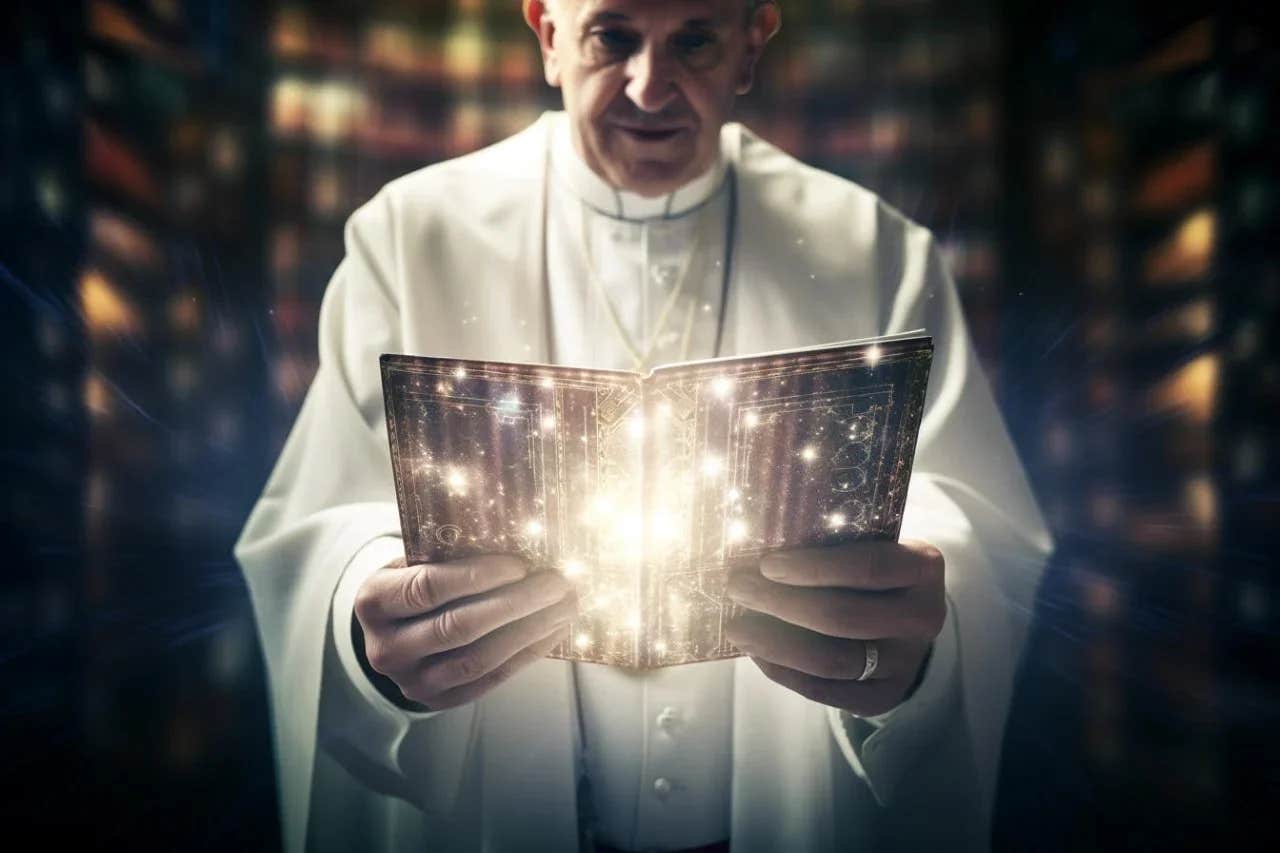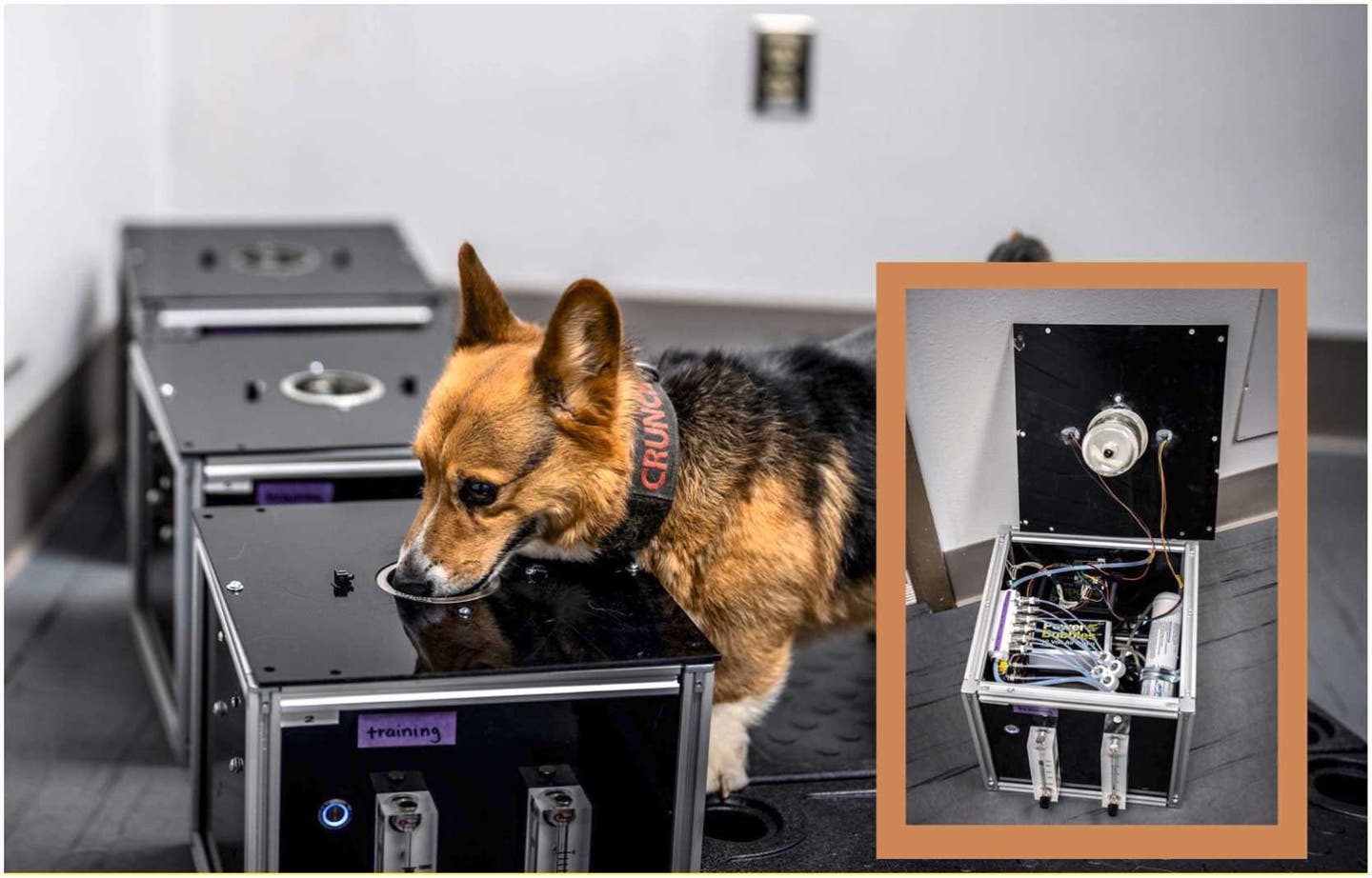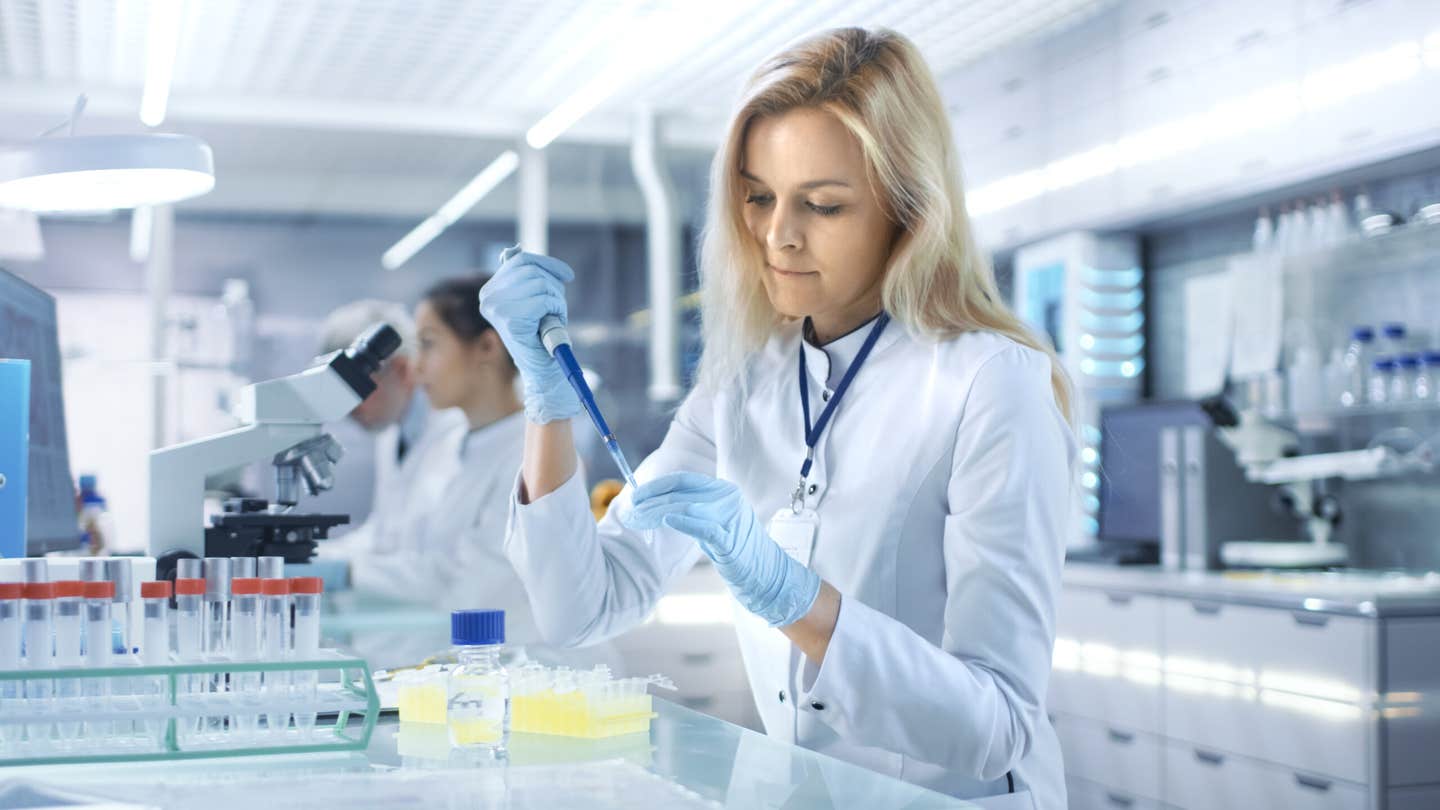Pope Francis and the Vatican just created an “AI Bible” reshaping faith in the Digital Age
The Vatican has signaled its determination to be an influential voice in the rapidly advancing field of artificial intelligence.

One exciting example of AI in healthcare is its application to electrocardiograms (ECGs), which are used to monitor and diagnose heart health. (CREDIT: CC BY-SA 3.0)
In an unexpected development that continues to reverberate around the world, the Vatican has signaled its determination to be an influential voice in the rapidly advancing field of artificial intelligence.
A new partnership has resulted in the publication of a handbook on the ethics of AI, developed under the direction of Pope Francis himself, marking a significant stride in the dialogue surrounding AI’s societal impacts.
The Pope's involvement in AI ethics comes as a consequence of a collaboration with Santa Clara University’s Markkula Center for Applied Ethics. Together, they have created the Institute for Technology, Ethics, and Culture (ITEC), a body aiming to mediate ethical concerns in the technological realm.
The first significant output of this organization is an enlightening publication titled "Ethics in the Age of Disruptive Technologies: An Operational Roadmap." The document outlines ethical guidelines for the tech industry as they navigate the tumultuous waters of AI, machine learning, encryption, tracking, and more.
The intersection of the Vatican, an age-old institution representing spiritual values, and AI, a recent technological marvel, might seem incongruous. However, Father Brendan McGuire, the pastor of St. Simon Parish in Los Altos and advisor to ITEC, explains that the Vatican's initiative marks the fulfillment of a longstanding interest within the church. The Vatican's unique position and influence can muster essential figures to deliberate on these crucial matters.
In a recent interview, Father Brendan said, “The Pope has always had a broad view of the world and of humanity, and he believes that technology is fundamentally a good thing. But as technology advances, we reach a juncture where we must address deeper philosophical questions.”
He continues, “Technology executives from all over Silicon Valley have been coming to me for years and saying, ‘You need to help us, there’s a lot on the horizon, and we aren’t prepared.’ The notion was to leverage the Vatican’s convening power to bring together executives from across the globe.”
Related Stories
This initiative offers a refreshing contrast to existing approaches, which predominantly revolve around lobbying for regulatory measures. In lieu of waiting for government interventions, the ITEC handbook offers a moral compass for tech companies already grappling with AI's most challenging ethical dilemmas.
“There’s a consensus emerging around topics such as accountability and transparency, with principles that align across companies,” says Ann Skeet, Senior Director of Leadership Ethics at the Markkula Center and a key contributor to the handbook. “That’s commendable, but there’s less agreement about what to actually do and how you actually apply those standards to the design and deployment of technology.”
The handbook advocates for the integration of ethical values rooted in certain principles into both technology and the organizations that develop them from the outset. It strongly emphasizes that corporate actions should serve the "Common Good of Humanity and the Environment." Although seemingly a nebulous concept, the ITEC handbook is structured to deconstruct overarching ideas into a series of specific and implementable steps.
This grand principle is segmented into seven key guidelines, such as "Respect for Human Dignity and Rights," and "Promote Transparency and Explainability." These guidelines are further distilled into 46 concrete actionable steps, each accompanied by detailed definitions, examples, and actionable strategies.
As an illustration, under the guideline "Respect for Human Dignity and Rights," the handbook stresses the importance of "Privacy and confidentiality." It underscores the commitment to "not collect more data than necessary" and advises that "collected data should be stored in a manner that optimizes the protection of privacy and confidentiality." Furthermore, it advocates for specific protective measures for sensitive medical and financial data, focusing on companies' responsibilities to users, not just legal requirements.
Gregg Skeet explains, “The objective is to empower individuals within companies as they carry out their day-to-day tasks, whether that's writing code, creating a technical manual, or contemplating issues around workplace culture.” He adds, “We’ve strived to present the content in a language familiar to business and engineering professionals so the resources can be readily utilized, aligning with standards they've encountered before.”
The Vatican's proactive stance on the future of AI and technology echoes the concerns of other influential organizations. Notably, OpenAI, which unleashed the powerful AI model ChatGPT, had its CEO, Sam Altman, meet with President Biden and testify before Congress on AI regulations. However, while tech leaders seem preoccupied with AI's potential apocalyptic scenarios, critics argue that the fixation on a distant future distracts from immediate problems posed by existing AI technology.
The Vatican, given its extensive experience with theological and existential inquiries, is well-positioned to address such profound questions. While Father Brendan acknowledges that AI’s potential existential threats are valid, he underscores the urgent need to address current AI issues. However, he remained mum about whether the Pope has used ChatGPT.
“Major safeguards are absolutely necessary, and governments will inevitably impose them,” says Father Brendan. “But this handbook plays a crucial role in accelerating the approach to design and consumer implementation. We’re aiming to equip companies to meet the standards we need long before they are legally enforced.”
Note: Materials provided above by The Brighter Side of News. Content may be edited for style and length.
Like these kind of feel good stories? Get The Brighter Side of News' newsletter.



